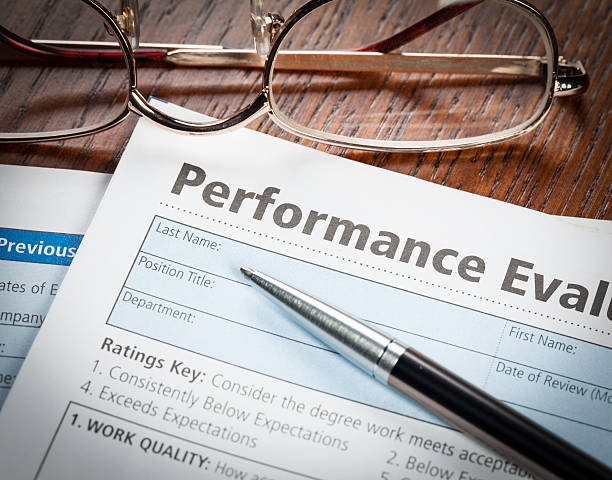Are you holding appraisals for your employees and if not, should you be? This article will explore the benefits of carrying out appraisals for all staff and how to get the most out of them.
What is an Appraisal?
An appraisal is a process that should ideally be offered to all staff; a regular unbiased review of their performance whether they are performing well, poorly or somewhere in between. The appraisal process is not prompted by achievements or a requirement to tackle a particular problem, but it is prompted through the organisation’s culture as to how they want to deliver regular, consistent and fair feedback to all staff regardless of what else is going on.
Don’t confuse an appraisal process with performance management or disciplinary procedures where you need to tackle particular problems, with specific employees. These should be dealt with separately.
Benefits of Appraisals
An appraisal system will offer you a structured way of;
- Assessing performance
- Giving and receiving feedback
- Identifying any issues you’re unaware of, from the employees point of view
- Discussing individual aspirations and future opportunities
- Planning development and training
- Setting objectives
- Increasing chances of retaining good employees
- Motivating employees
It will allow you the opportunity to “nip in the bud” any issues before they escalate and also allow you to recognise and reward staff who are doing a great job. It is a great motivational tool for employees.
Setting Objectives for Appraisals
When setting objectives, you want to make sure that they are as effective as possible so that the employee is able to achieve them. Make sure you are being as clear as possible about what your expectations are, particularly in relation to the end result. Objectives need to be reasonable, realistic and achievable in order for them to be successful. Make sure the employee feels challenged as well, to avoid mundane work, and set realistic time frames for meeting the objectives. It’s also a good idea to keep the momentum going and review the objectives; feeding back when they have been achieved or when more is required from the employee in order to meet them.
SMART Objectives
Think about setting the objectives against the SMART criteria;
S – Specific
M – Measurable
A – Achievable
R – Realistic
T – Time-bound
Specific
You should outline the specific steps the individual needs to take to reach the objective.
Measurable
How will you measure and determine that the goal is being achieved? What evidence will you require?
Achievable
Anything too ambitious will be overwhelming and anything too easy will limit someone’s potential.
Realistic
What is the key benefit to the objective and why does it matter in that employee’s role? Make sure it’s relevant to their job description and role.
Time-bound
Know exactly when the work should start and what outcome is wanted by what time frame.
All in all, an appraisal system should promote better communication between management and staff and promote a culture of openness. If you require further advice on conducting appraisals, speak to one of our advisers today. Alternatively, if you feel yourself or your managers could benefit from appraisal training where we explore the above in much more depth, contact consultancy@wirehouse-es.com for more information.





